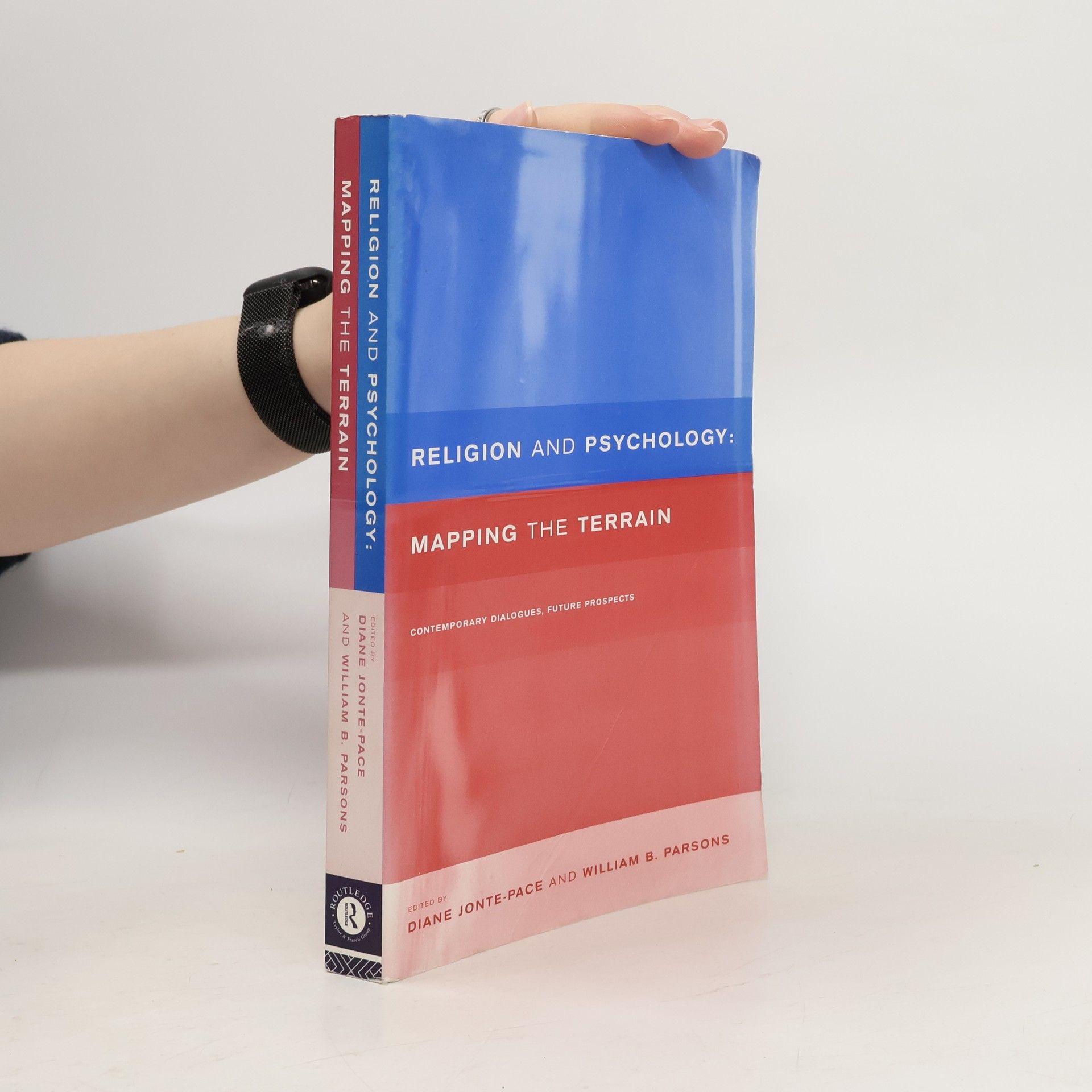"This book provides a contemporary picture of what it looks like for women state level political candidates to run for office during times of insurgency politics and highlights the relevance of the Trump effect for women running for state legislative seats during the 2018 and 2020 election cycles"--
William B Parsons Livres



This Element consists of three parts. 'What Freud Said' a summary of Freud's psychology of religion. 'What Freud got Wrong' surveys the history of the multidisciplinary critiques levelled at his interpretative strategies. 'Towards a Revised Psychoanalytic Theory of Religion' suggests employing a psychoanalytic theory of religion.
Religion and Psychology is a thorough and incisive survey of the current relationship between religion and psychology from the leading scholars in the field. This is an essential resource for students and researchers in the area of psychology of religion. Issues addressed * The Psychology-Theology Dialogue* The Psychology-Comparativist Dialogue* Psychology, Religion and Gender Studies* Psychology "as" Religion* Social Scientific Approaches to the Psychology of Religion* The Empirical Approach* International Perspectives